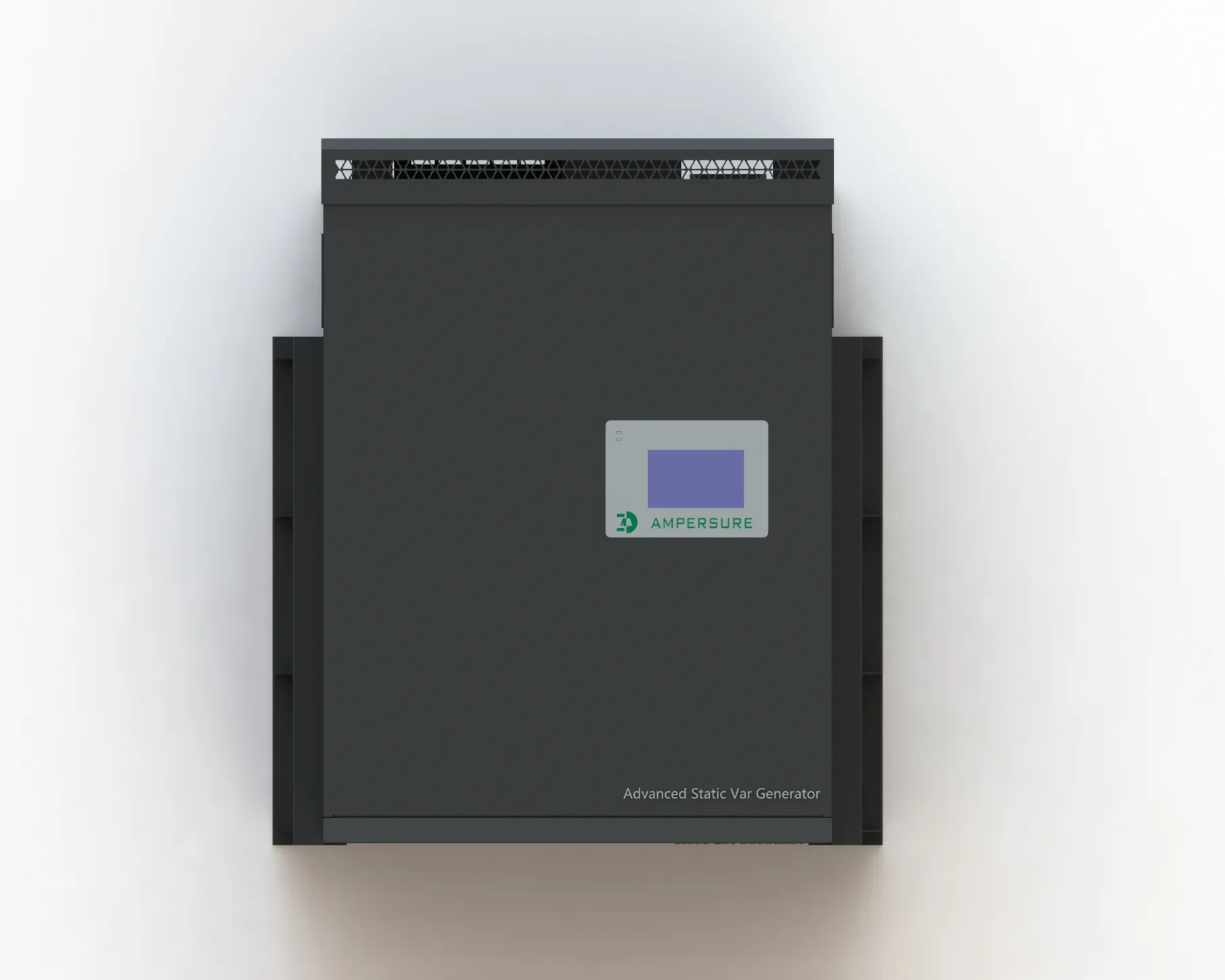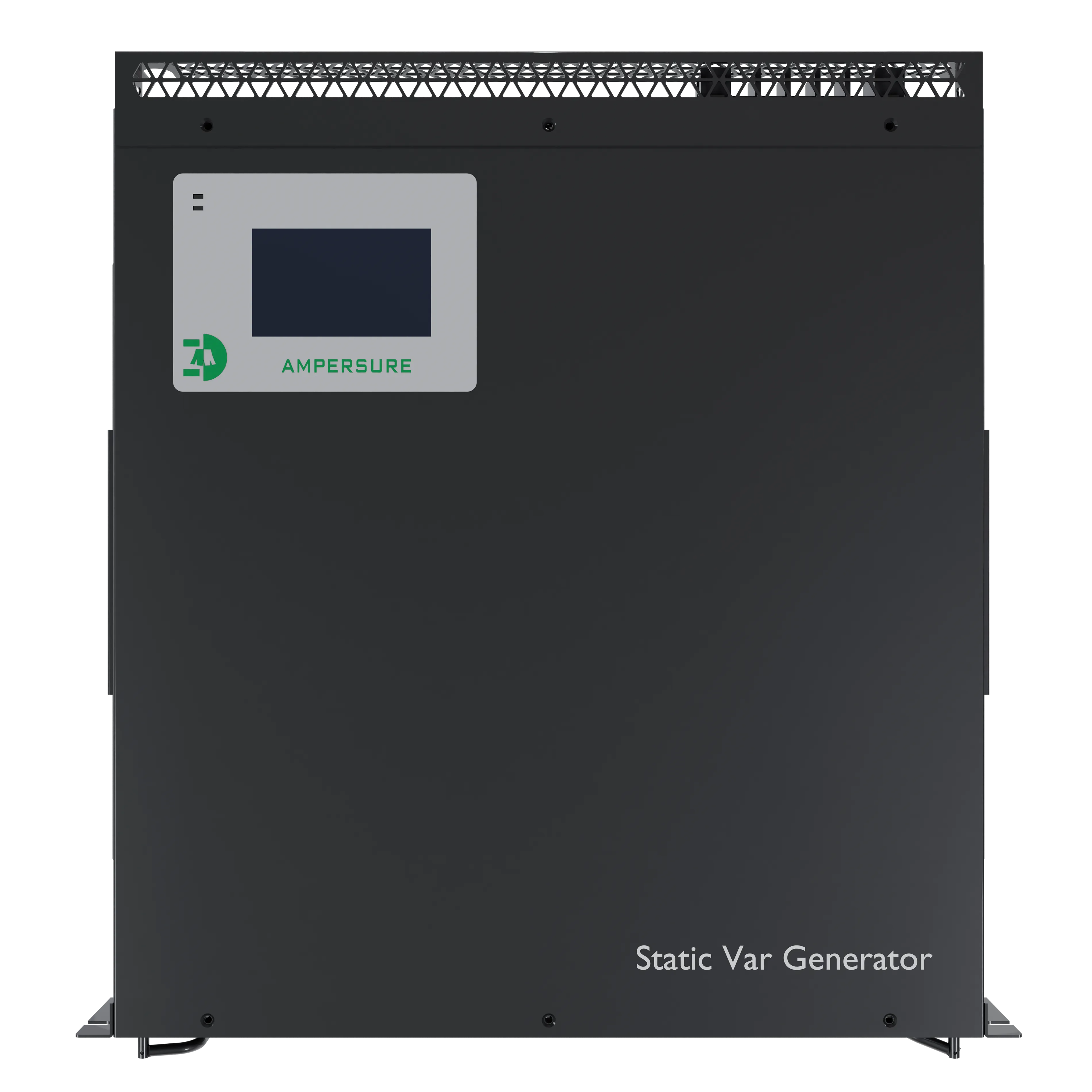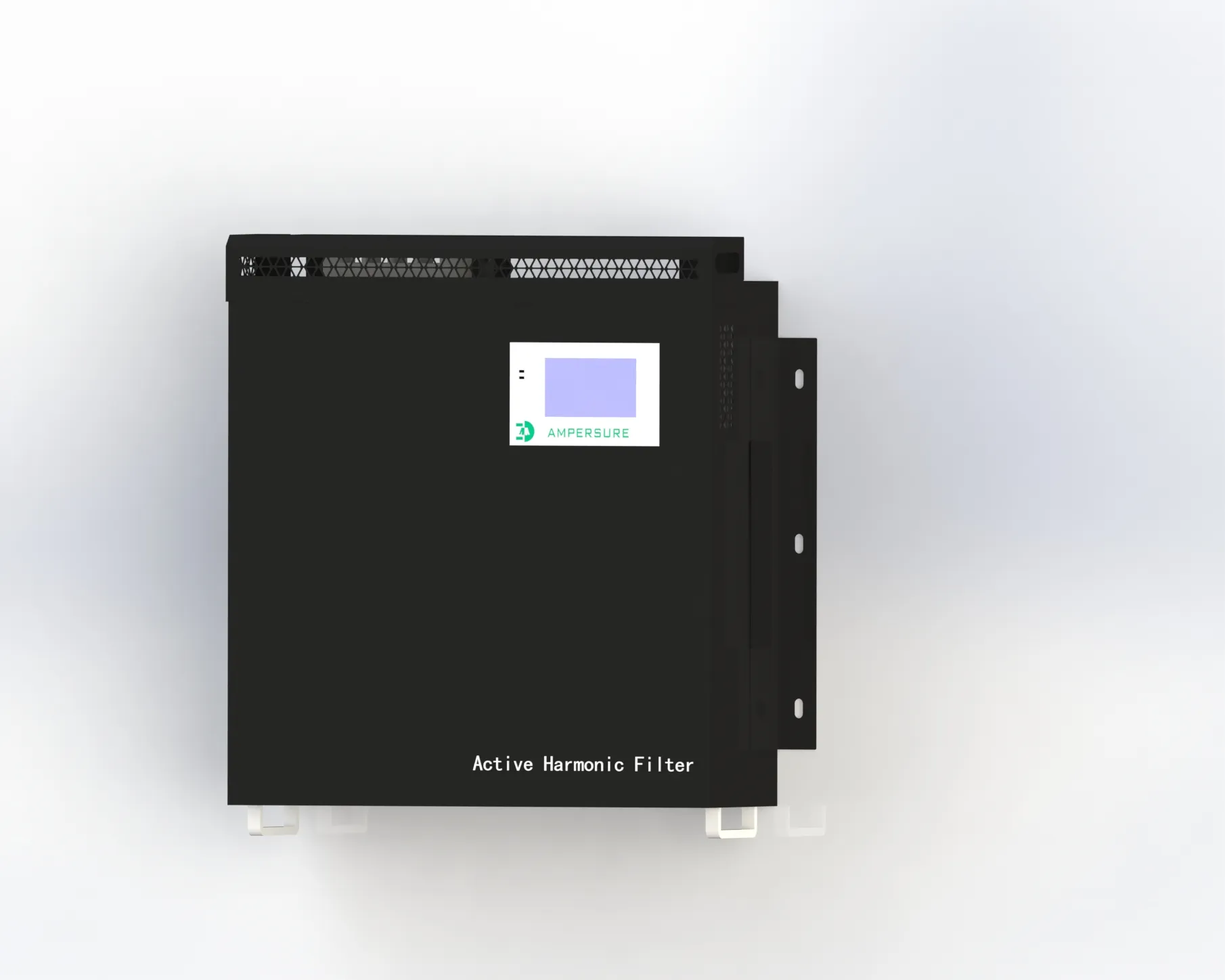Chi phí của bộ lọc công suất chủ động: Những điều bạn nên biết
Trang này đề cập đến chi phí giá cả của bộ lọc công suất chủ động cùng với sự liên quan của chúng trong quản lý chất lượng điện năng – như một chi tiết bao gồm phổ hẹp của việc giảm thiểu hài, nâng cao việc sử dụng năng lượng và độ tin cậy của các hệ thống điện. Trong bối cảnh này, hãy cùng xem xét các yếu tố khác nhau ảnh hưởng đến giá cả và tính cạnh tranh của bộ lọc công suất chủ động, cũng như cách mà Tập đoàn Sinotech có thể hỗ trợ bạn trong việc đưa ra lựa chọn đúng đắn trong vấn đề này.
Nhận Báo Giá








